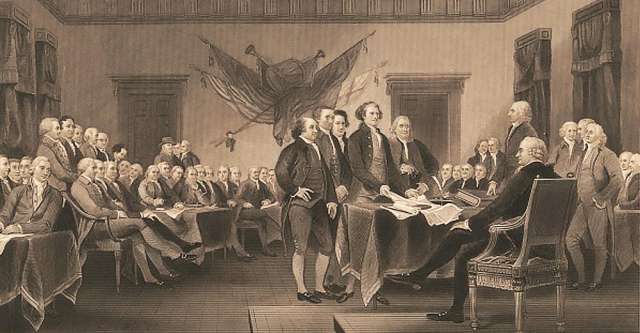Midterm elections are nearly here. Voters are asking one another about who to vote for and can what is said be trusted. What needs to be asked is, “Does authority flow from God to a leader to the people or does it flow from God to the people to elected officials?” The answer to this question affects our individual liberties, those of our descendants, and our nation’s future.
…most of the world was ruled by kings who claimed “divine privilege” over others.
Early American History
Throughout history, and especially early in American history, most of the world was ruled by kings who claimed “divine privilege” over others. King James I declared, “Kings are…God’s lieutenants upon earth, and sit upon God’s throne…by God Himself they are called Gods.” Louis XIV stated, “I am the state,” and “It is legal because I wish it.” This mindset is anathema to us today, but very real to those living at the time.
It is legal because I wish it. — Louis XIV
Pilgrim Background
When the Pilgrims landed at Plymouth, they had no king or representative onboard. The Pilgrims gave themselves authority and established their own government via the Mayflower Compact (1620). This compact, the Fundamental Orders of Connecticut (1638), and the First Great Awakening (c. 1735-1743) were the foundation for the Declaration of Independence and U.S. Constitution. Instead of separation of church and state, the early church leaders and churches created the states and instituted moral codes into the laws.

